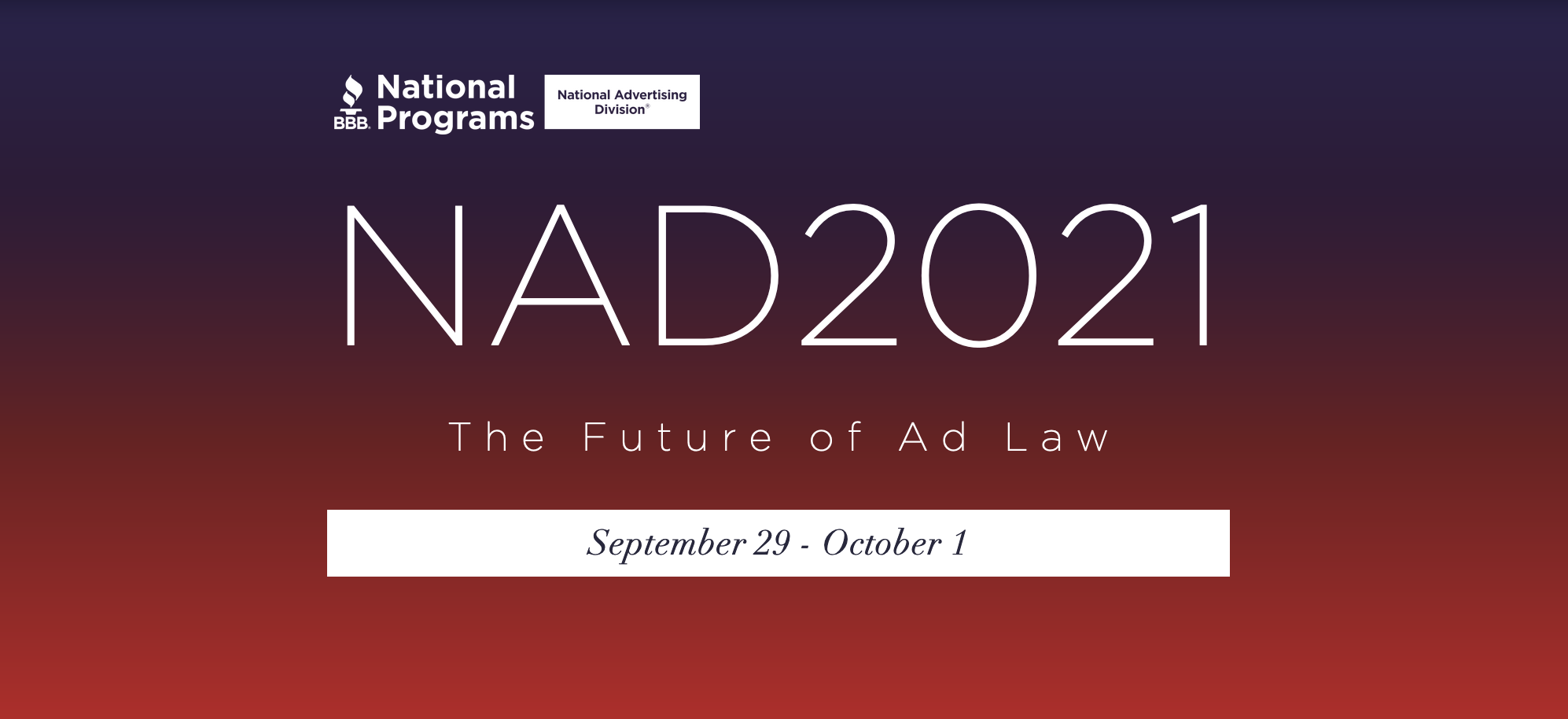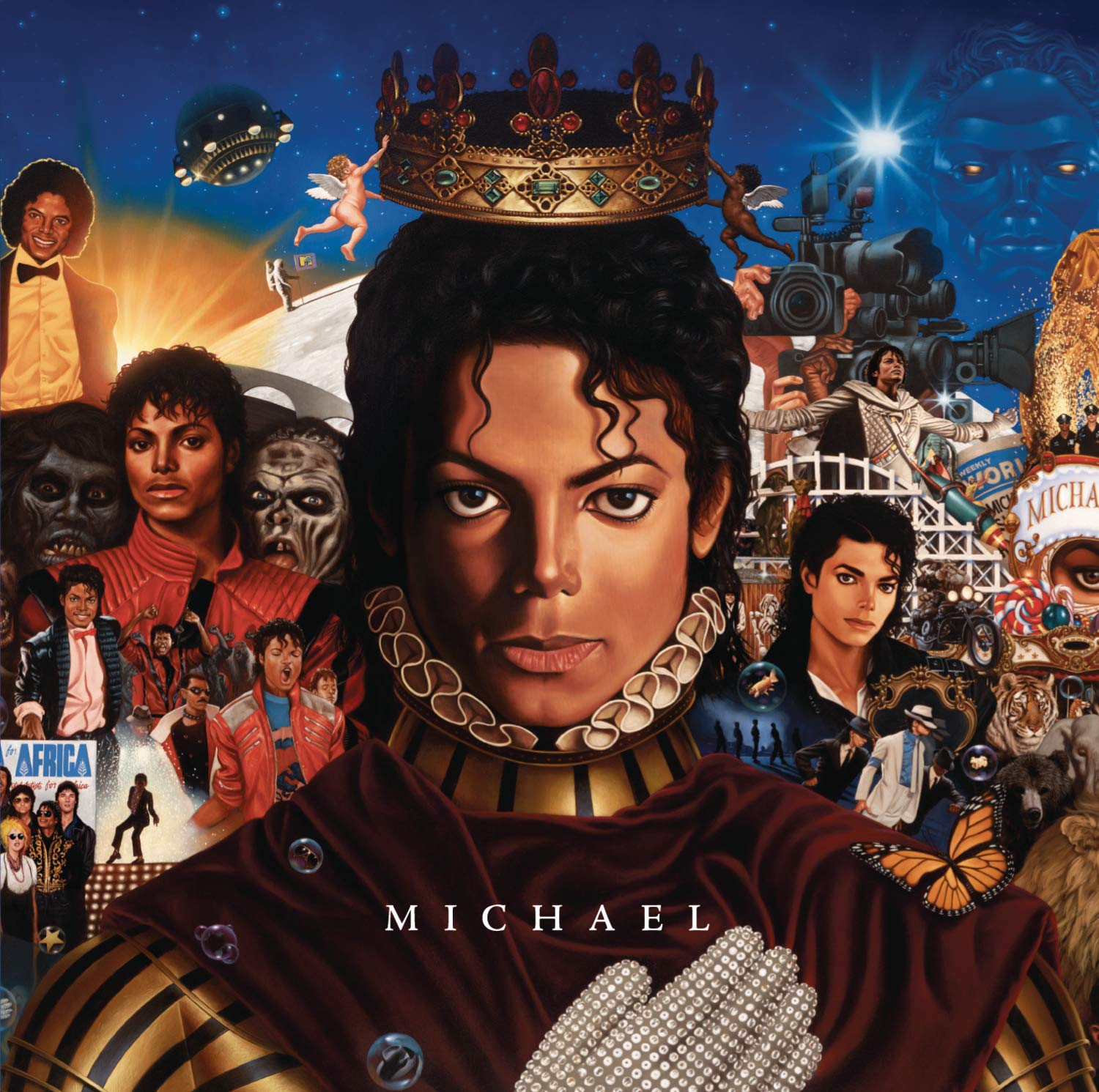
When TINA.org Investigations Collide
These brand collabs are far from fab.
Under a proposed bill, theaters could be fined for making moviegoers guess.
| Jason Bagley
With a toddler and an infant at home, I don’t get out much these days. So when I am able to escape for a few hours, I want to maximize my time. When I go to the movies, for example, I don’t mind having to sit through a few trailers before the feature presentation. It’s when I see the studio logo for the seventeenth trailer that I begin to grumble. The movie was supposed to start 30 minutes ago.
But there have also been times, pre kids, where I’ve missed the beginning of a movie because I anticipated that there’d be at least 10 minutes of previews but instead the movie started “on time.”
Consumer expectations surrounding advertised movie start times are at the center of Connecticut bill that, if approved, would require theaters in the state to publish actual start times for movies, after all the ads and previews, or else face fines up to $1,000 per violation. State Sen. Martin Looney of New Haven, one of the bill’s co-sponsors, wrote:
I have received complaints from constituents who note that they incurred additional baby-sitting costs, or were late for a dinner reservation and had to wait a half hour for a table, or in the case of a couple who went to see the Bob Dylan biopic, A Complete Unknown, were subjected to a string of trailers for violent/horror films in which they had no interest.
The bill has gained national attention. It has its critics.
Some have blasted the proposal as a “terrible idea” that could tarnish the movie-going experience or cause theaters to lose much-needed revenue. Even one of the state lawmakers who supports the bill acknowledged that this is “not the most important thing” on the legislative agenda. But why shouldn’t theaters be required to advertise actual start times? Who do they think they are, the Queen of Pop?
The bill comes as non-movie product ads are reportedly getting longer. I get the movie trailers – I came to see a movie after all. But why should I have to endure a spate of car commercials and soda ads supersized for the big screen?
Of note, this is not the first time theaters have been called out for advertising misleading start times.
In 2003, a class-action lawsuit was filed against Loews accusing the theater chain of deliberately withholding and suppressing information regarding the length of previews in its advertised start times. The lawsuit was ultimately dismissed, a decision that was affirmed on appeal as the appellate court noted that Loews had added a note to theater listings explaining that feature presentations will start 10 to 15 minutes after the published start time, meaning that the issue was moot.
Is this the most pressing issue of our time? Of course not. Will some see this as government overreach? Absolutely. But it’s not unreasonable to expect a movie to begin at the advertised start time, give or take a couple minutes. Now I’ve got to go. The babysitter is calling.
These brand collabs are far from fab.
Checking in on the system of self-regulation in the ad industry.
Legal battle over Michael Jackson’s posthumous album may create “dangerous” precedent.


